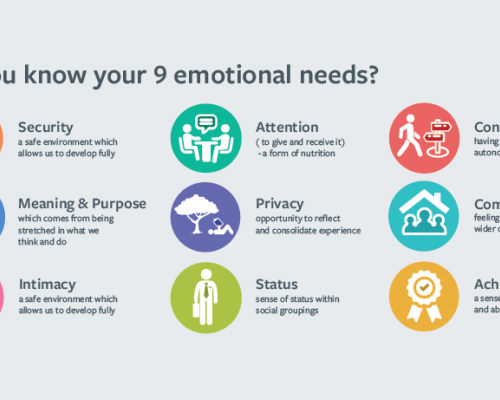Treating schizophrenia without drugs
TREATMENTS for schizophrenia that involve no drugs, or only low doses of them, urgently need investigation, suggests Dr Tim Calton, lecturer in psychiatry at the University of Nottingham, and colleagues.
To make their case, they set out to review the efficacy of the ‘Soteria paradigm’, so called after a project established in California in the 1970s by psychiatrist the late Loren Mosher, as a means of treating schizophrenia. Central to his Soteria Project was the provision of a small, community-based therapeutic milieu, staffed by a significant number of lay people; the retention of individuals’ sense of personal autonomy, social networks and communal responsibilities; an emphasis on ‘being alongside’ the residents, so as to develop an understanding of their subjective experience of psychosis and give it meaning; and no antipsychotic medication or just low doses, taken by choice. (For a brief account, see “The right milieu for mental illness” in Human Givens, 2002, vol 9, no 3, pages 2–3.) The project has been much copied in the US and in Europe, and renewed interest in the UK has led to the formation of a national Soteria Network.
Unlike many other alternative approaches to the treatment of schizophrenia, Soteria projects have been the subject of randomised controlled trials although, Calton and colleagues found, these are of variable quality. The studies good enough to be included in their review suggest that the method “yields equal (and in certain specific areas, better) results in the treatment of schizophrenia when compared to conventional, medication-based approaches. … How exactly these effects are achieved remains moot, though explanatory models have focused on the importance of a consistent, emotionally relaxing therapeutic environment.
“The lack of both quantity and quality of the evidence base to date mean that we cannot yet recommend the Soteria paradigm as a standard treatment. However there is also an absence of evidence that the regimen did harm, and, indeed, evidence to suggest specific advantages for the paradigm over conventional treatment (with particular regard to antipsychotic load and overall cost).”
The researchers point out that research indicates how highly service users value the absence of side effects and the vast majority of both service users and providers welcome the idea of residential crisis services as an alternative to acute inpatient treatment. They also draw attention to the fact that patient choice is central to current UK government health reforms and is cited as a vital component of an evidence-based healthcare system.
The research team concludes: “In terms of formal research evidence the Soteria paradigm remains very much what it has always been, an intriguing, but in many ways still experimental approach to the treatment of people diagnosed with schizophrenia. … Further research using more rigorous quantitative and qualitative methodologies is urgently required to help clarify its effects, both positive and negative, over both the short and longer term. Given that interest in this approach is growing internationally, perhaps the time for this reassessment is approaching.”
This article first appeared in "Human Givens Journal" Volume 15 - No. 1: 2008
 Spread the word – each issue of the Journal is jam-packed with thought-provoking articles, interviews, case histories, news, research findings, book reviews and more. The journal takes no advertising at all, in order to maintain its editorial independence.
Spread the word – each issue of the Journal is jam-packed with thought-provoking articles, interviews, case histories, news, research findings, book reviews and more. The journal takes no advertising at all, in order to maintain its editorial independence.
To survive, however, it needs new readers and subscribers – if you find the articles, case histories and interviews on this website helpful, and would like to support the human givens approach – please take out a subscription or buy a back issue today.
REFERENCES:
- Calton, T, Ferriter, M, Huband, N and Spandler, H (2008). A systematic review of the Soteria paradigm for the treatment of people diagnosed with schizophrenia. Schizophrenia Bulletin, 34, 1, 181–92.
> New insights into the causes of mental illness, including severe conditions like schizophrenia, are explaining distressing symptoms and reducing suffering... 'From stress to psychosis' (online course)
> Schizophrenia and Psychosis - Can Schizophrenia Be Cured?
> Stress and Mental Health: What you need to know
> Related articles from our archive
Latest Tweets:
Tweets by humangivensLatest News:
HG practitioner participates in global congress
HG practitioner Felicity Jaffrey, who lives and works in Egypt, received the extraordinary honour of being invited to speak at Egypt’s hugely prestigious Global Congress on Population, Health and Human Development (PHDC24) in Cairo in October.
SCoPEd - latest update
The six SCoPEd partners have published their latest update on the important work currently underway with regards to the SCoPEd framework implementation, governance and impact assessment.
Date posted: 14/02/2024













